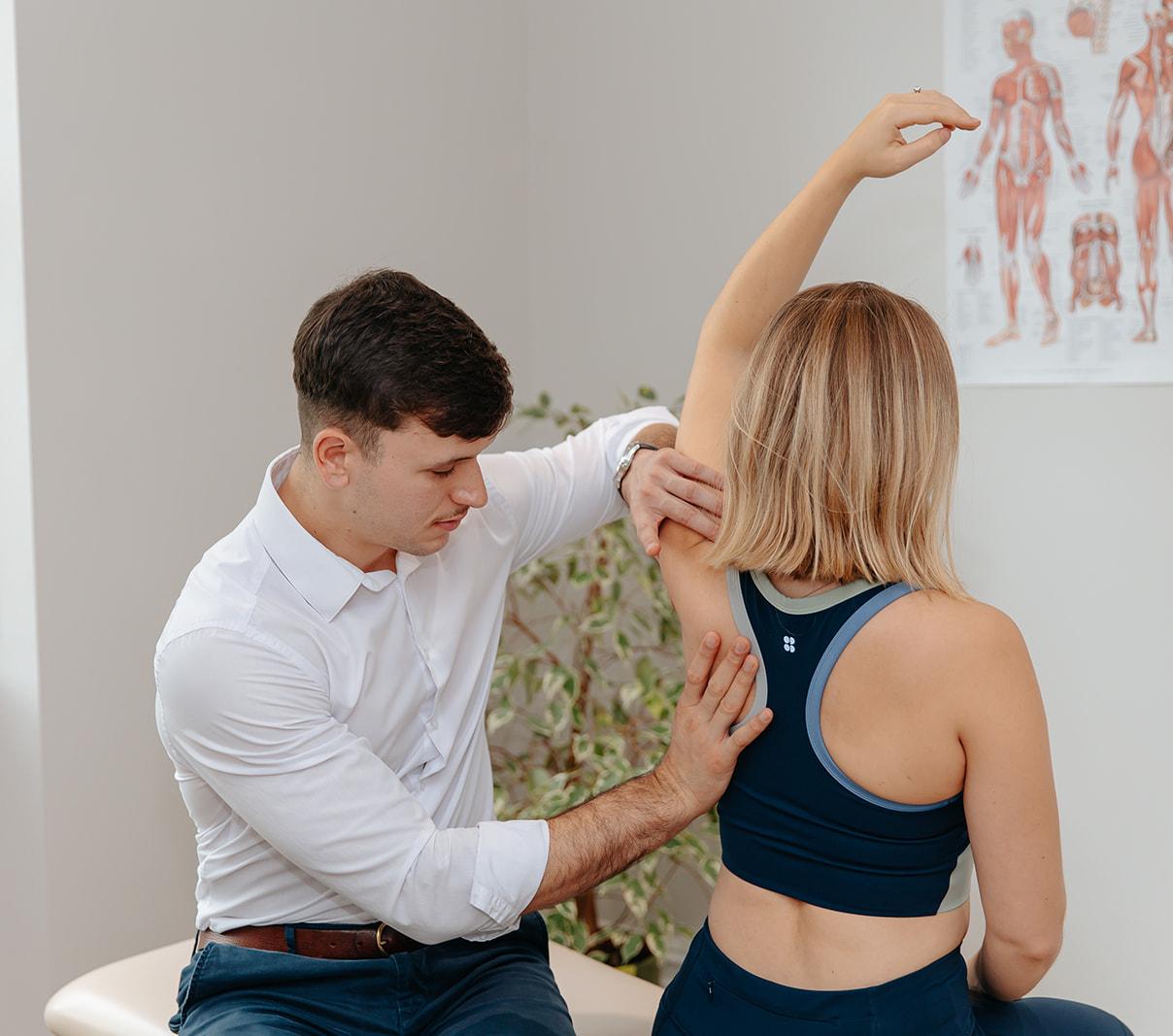Hatt Clinic
March 22, 2018
April 07, 2017

Upper Limb Disorder (ULD) can affect the neck, shoulder, arm, forearm, elbow, wrist, fingers, and thumb with symptoms of tenderness, ache, pain, stiffness, weakness, tingling and numbness.
Risk factors include repetitive or prolonged tasks such as a computer or manual work. The risk is increased if these repetitive or forceful movements are allied with a poor posture.
Changing your way of working can considerably relieve symptoms of ULD. Often, those who work in an office are prone to carrying out repetitive, uncomfortable actions or sustained positions. It is important to work with your employer to identify and change conditions that may lead to or exacerbate your condition. Take an office chair, for example, one size does not fit all and individuals have different needs related to their body size, age, abilities, and health.
Your employer needs to encourage regular short and frequent pauses in intensive work. Display Screen Equipment Regulations require employers to train employees incorrect use of display screen equipment (DSE), provide suitable furniture, and periodic assessments if DSE is used for more than one hour daily. This may include adjustable chairs, platforms, and footrests. If the equipment is provided specifically for you, make sure you use it correctly.
Physiotherapists are the best medical practitioners for you to see if you suffer from Upper Limb Disorder. Physio is an extremely effective treatment for this condition and the earlier we tackle the ULD, the better, to reduce your pain and stop your symptoms from becoming difficult to manage.
At Hatts, we can offer you an ergonomic assessment that will help to identify ergonomic risk factors, quantify them, and make measurable improvements to your workplace, ensuring that your jobs and tasks are within your physical capabilities and limitations. We can also offer you an effective treatment plan that will relieve your pain, restore your movement, and finally get you moving better than ever before.